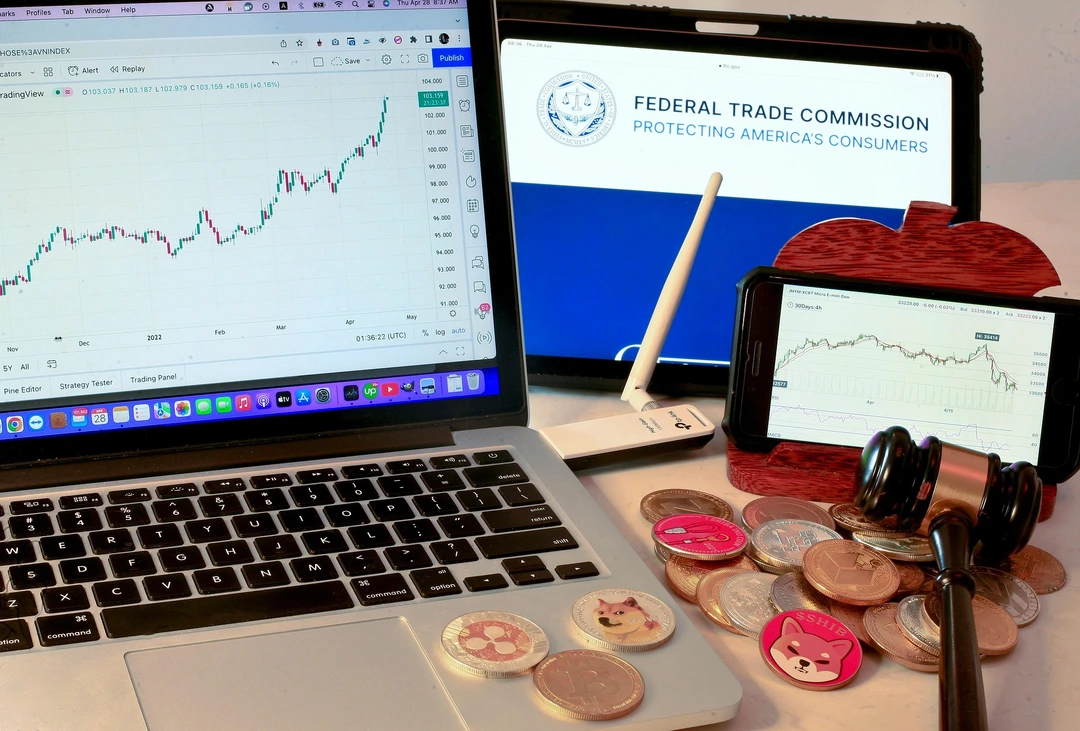1. Coinbase Explained: A Brief History, Ownership, and Its Recent S&P 500 Milestone
Coinbase has come a long way since its early days, evolving into a major player in the crypto world. Founded in 2012 by Brian Armstrong and Fred Ehrsam, Coinbase started as a simple way for people to buy Bitcoin with their credit cards. Fast-forward to 2025, and it's now a publicly traded company with a market cap in the billions, thanks to its 2021 IPO. This background is crucial because understanding Coinbase's roots helps you gauge its reliability—especially when you're wondering about things like "buy Coinbase stock" or tracking its earnings reports.
Ownership-wise, Brian Armstrong remains the CEO and largest individual shareholder, with major stakes held by venture capital firms and institutional investors. This structure has influenced Coinbase's growth, but it's also tied to its stock performance. For instance, Coinbase stock has seen ups and downs, dropping significantly in 2022 due to market crashes, but rebounding with its inclusion in the S&P 500 in 2024. Why has Coinbase stock been down at times? Factors like regulatory pressures, crypto volatility, and competition have played a role, making it a rollercoaster for investors.
To put this in perspective, let's compare Coinbase's key milestones with competitors like Binance:
| Metric | Coinbase | Binance | Key Insight |
|---|---|---|---|
| Founded Date | 2012 | 2017 | Coinbase's early start gave it a trust edge. |
| IPO/Listing Date | April 2021 (NASDAQ) | Not publicly traded yet | Public status boosts transparency. |
| User Count (2025 est.) | Over 100 million | Over 150 million | Higher users don't always mean better security. |
| Recent Milestone | Added to S&P 500 in 2024 | Faced global regulatory bans | S&P inclusion signals mainstream legitimacy. |
Real-world example: In 2023, when Coinbase stock plummeted amid a crypto winter, many investors panicked and sold off, only to miss the rebound as the company reported strong earnings in 2024. This highlights why tracking Coinbase's earnings date is essential for anyone considering "buy Coinbase stock."
Pro Tip:
Always diversify your investments beyond Coinbase stock. Monitor financial news sites like Yahoo Finance for real-time data, and consider consulting a financial advisor before diving in.
In short, Coinbase's journey from a startup to an S&P 500 member shows its staying power, but it also underscores the need for caution. This sets the stage for evaluating "Is Coinbase safe," which we'll explore next, as security is the foundation of any crypto platform.


